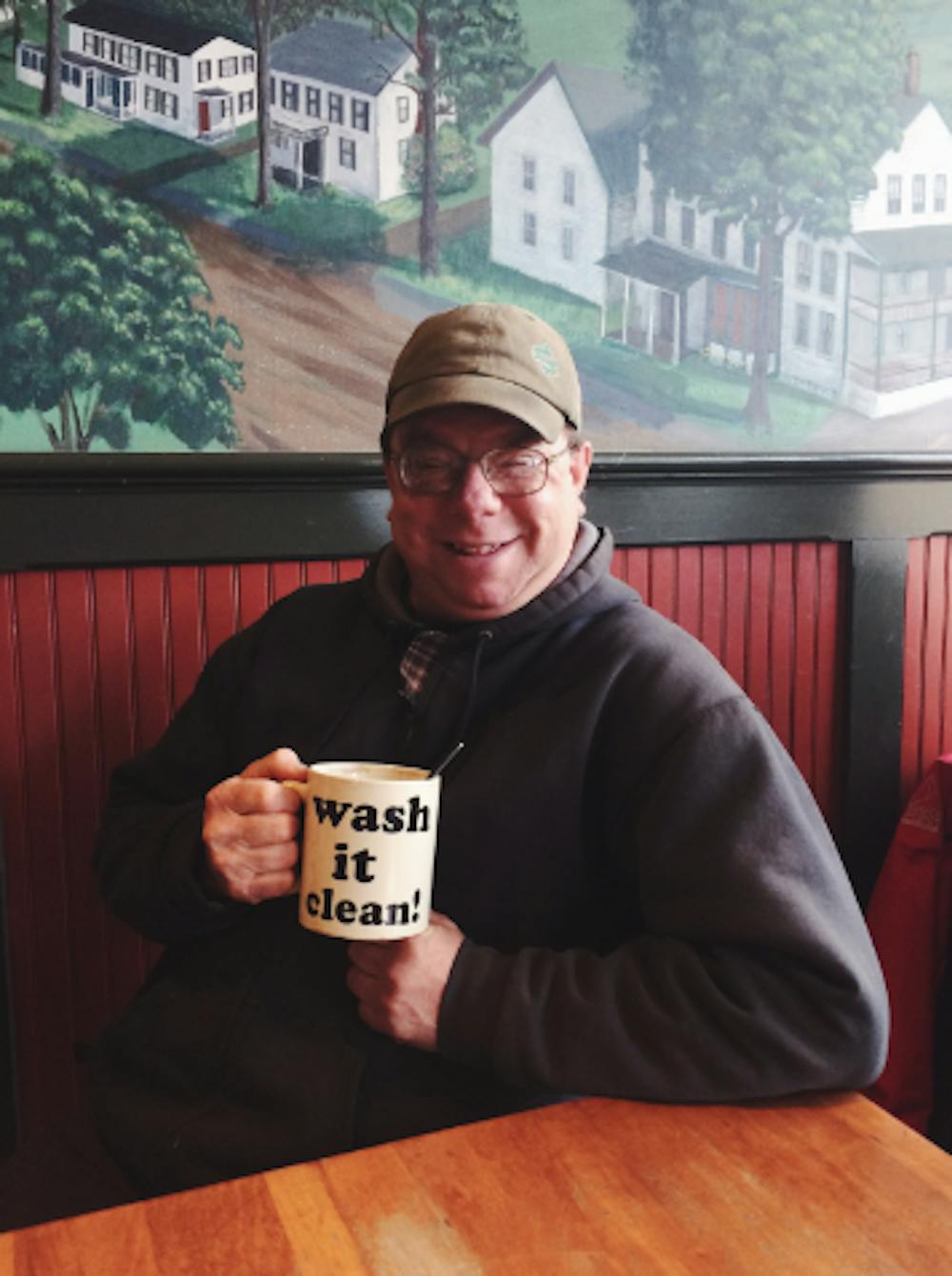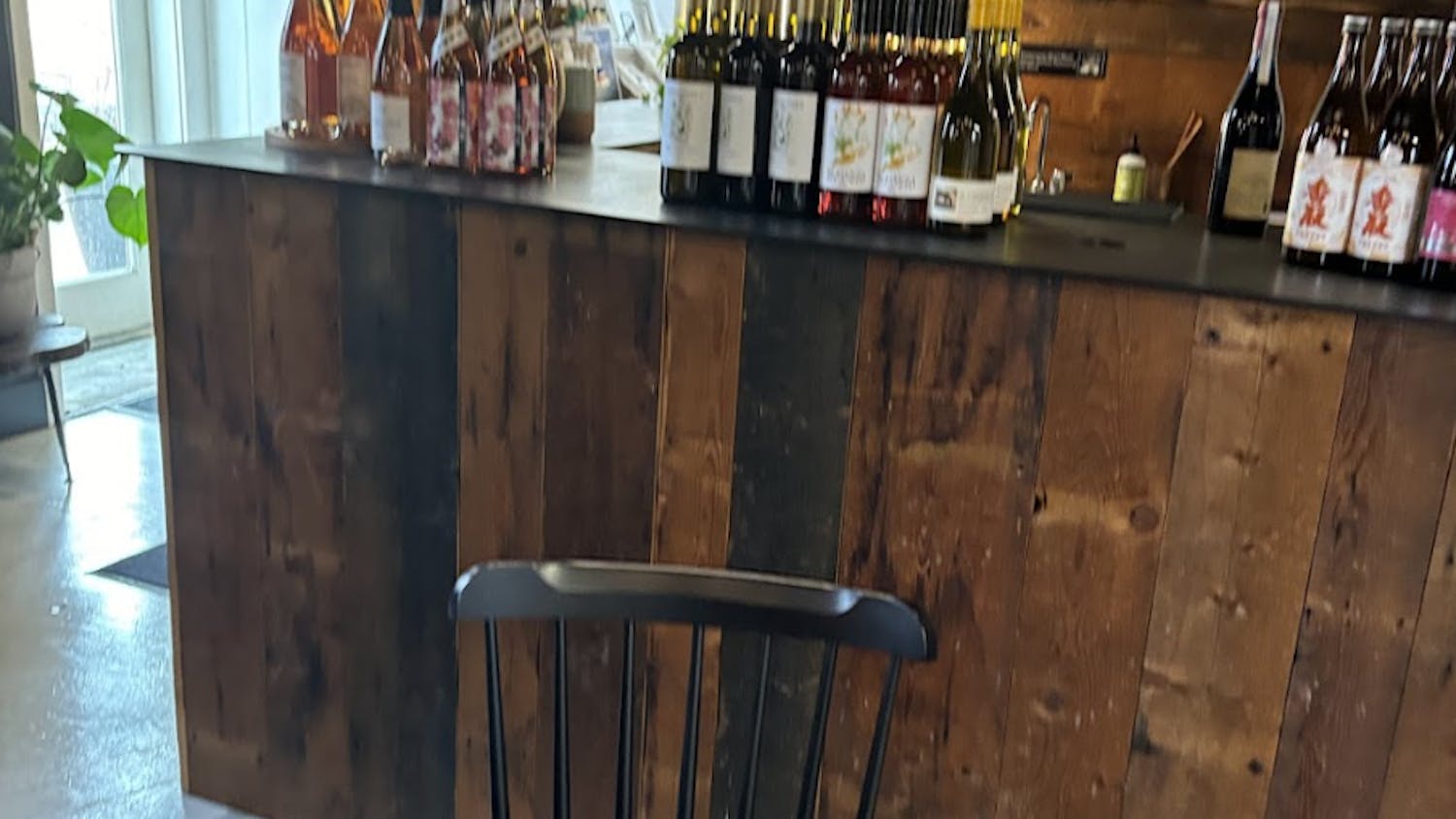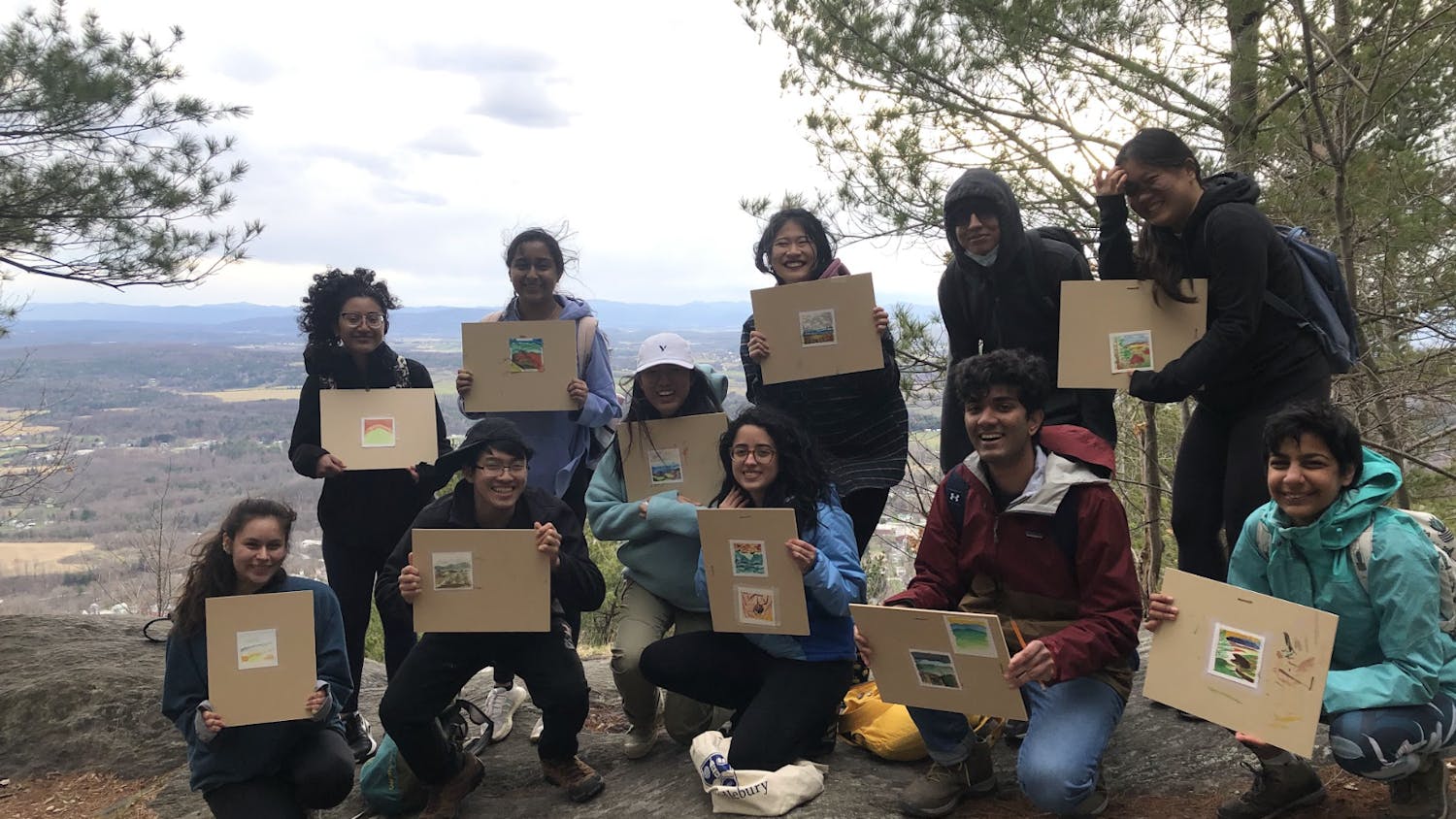I was sitting in Bristol Bakery the other day, when the man next to me offered to clear my plate.
“I’ve got nothing better to do,” he said as he took the cups and bowls of a few neighboring tables into his hands. I hadn’t planned on interviewing that day and was without my camera, but something struck me by his offer: he wanted to engage. Maybe, I thought, he also wanted to be heard.
When he came back and sat down, I asked if he wanted to chat for Humans of Vermont. After nearly an hour, he confessed that he hadn’t talked to anyone for that long in three years. Clearly, it was not for lack of wanting to share; maybe no one had ever asked.
Patrick goes to Bristol Bakery every morning. Two times divorced, he opened up immediately about his marriages.
“In retrospect it wasn’t shared respect. When you show respect to your ‘better half,’ and they just walk all over you, that hurts. That hurt. So it just didn’t work out,” he said.
“I was used and abused. They say, a fall-back marriage? A rebound? Guilty. I did love her. And I suppose I still do,” he said, commenting on the second marriage.
Patrick learned of the importance of respect growing up in Nova Scotia. He showed me his town on a map, just right on the coast. Pointing to a little dot on a screen, he told me of his longing for the ocean and deep love for his mountainous backyard.
“I come from a very small community of 330 people. When I left there was 329, and it hasn’t grown. Growing up in a small community, you have to learn how to intermingle and be nice with everybody. Because the people you fight with one day, you’re gonna see them at the grocery store the next day. Everybody knows everybody else’s business,” he explained.
Yet it was the lessons of love and hate that struck me the most after talking to Patrick. I mused that he did a lot of thinking, sitting in the bakery, years now after his kids moved out and his wives left.
“Hate is an awful word. But it is part of the language, isn’t it. It’s a very, very strong word. I hate cucumbers. But I don’t hate human beings as a rule. It’s easy to hate cucumbers,” he laughed, nodding to me in an assumed mutual understanding.
“Think about that. Keep the hate to inanimate objects, not to things you can converse with,” he advised.
“And what about love?” I asked.
“Love’s everywhere. People don’t look for love because it’s everywhere. Love is easy for me. Maybe too easy. I’m a giving person. I give, I’m a giver. To the point of being an enabler sometimes, which can be a bad thing. I’ve got nothing to give financially, but I’ve a lot to give emotionally. It makes me feel good. Give and I shall not receive, that’s my motto,” Patrick said.
As the conversation came to a close, I thought of this giving. He certainly gave his stories, and I gave an ear to listen. But what we both gave, or rather created, was a space. A space for care, despite being strangers. A space that we all yearn for, right? To be heard, to be seen. As far as Humans of Vermont goes, I learned to look not for the ones who we think might have a good story, but the ones who want to speak. As far as all else, I wonder, how can we create these spaces and opportunities to give and receive? If love’s everywhere, maybe we can begin to look for it a little better.




